Anna Mucha
출생 : 1980-04-26, Varsovia, Polonia
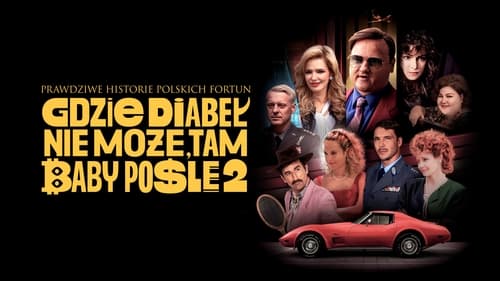
Iwona Mucha
The true story of Polish fortunes and the story of the heroes from the first part has its colorful continuation. Can business friends continue to trust each other when even more money is at stake? How were state-owned companies privatized, garnering millions into private pockets? Who was pulling the strings in free Poland? Even more mysteries. Human weaknesses.
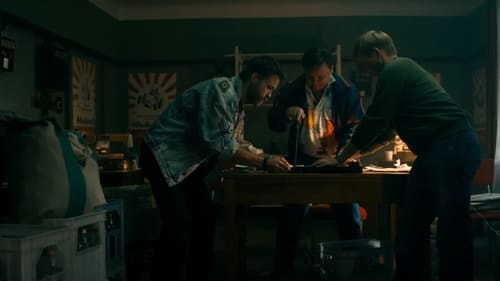
Iwona Mucha
Poland in the 80’s was a country ruled by crisis and a sense of hopelessness. Only few knew how to turn crisis into a business. It was a golden time for them. How did they know what would bring them money? How did they operate in a country where almost everything was forbidden?

Patryk Vega's Mother
Inspired by a real-life story, a controversial narrative that relentlessly strikes against the entertainment industry. The film lays bare the machinery that propels mass entertainment and reveals the price people are ready to pay to succeed in that world.
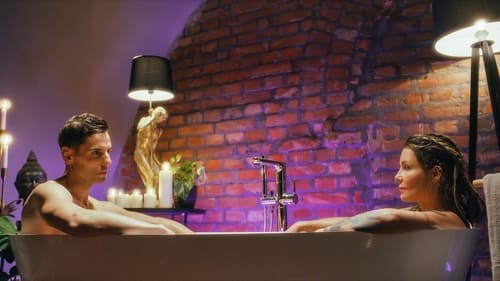
Kaja
We follow the lives of three women and a young man who are sexually liberated and treat monogamy lightly. When the coronavirus pandemic begins, the protagonists are faced with the opportunity of setting their lives straight.
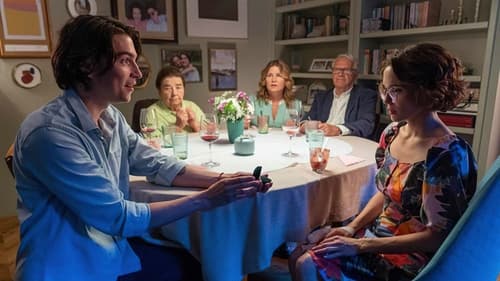
Bożena
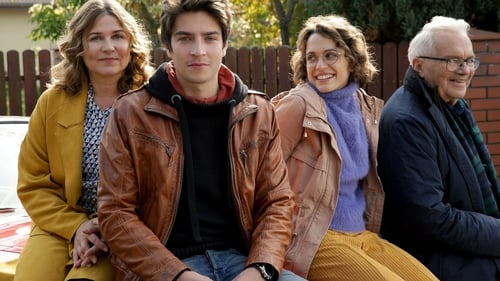
Bożena
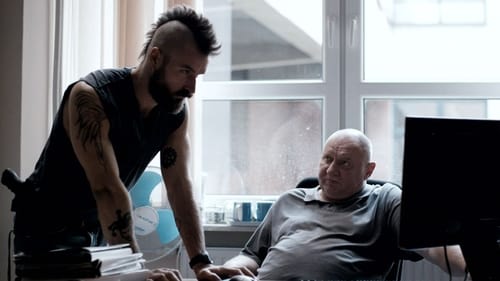
"Kinia"
Policemen from two precincts are joining forces to fight the Mokotowska Group.

Niewierząca Sąsiadka
Ogrodowa Street in Lódz - just opposite a crowded shopping center, a state-of-the-art museum and a posh hotel - is where some of the city's poorest live, completely forgotten by the world. A heart-warming and funny portrait of people excluded from the mainstream of social life; people who might be more capable of sacrifice and love than those who pushed them to the sidelines of society.
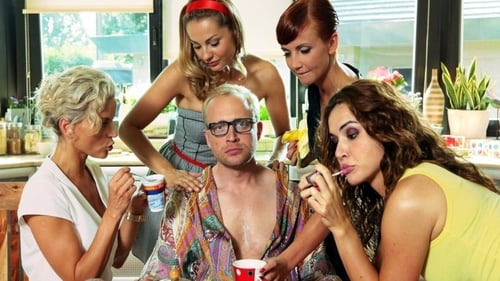
Mira
Karol has everything. He has three mistresses in addition to the bride. He is charming, loves sex and enslaves women in the blink of an eye. He's also well aware of that women like and uses it for his benefits.
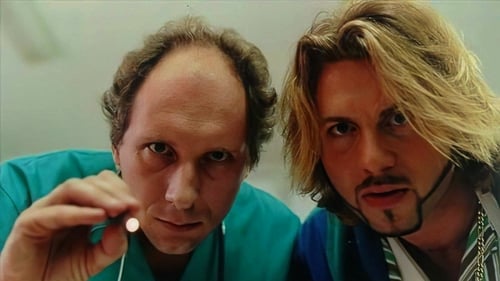
Lili
One of the best Polish comedies of the late 1990s, "Boys Don't Cry" is a satirical look at the gangsters of Poland and some teens who accidentally get involved with them.
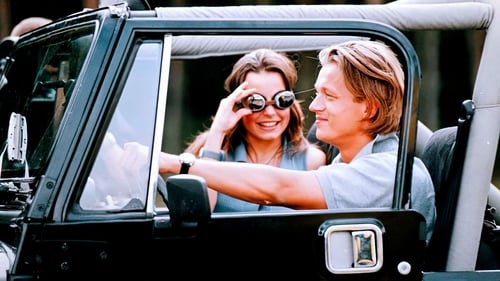
Ania
"Młode wilki 1/2" to druga część historii o młodzieży, która wchodzi w życie w realiach drapieżnego kapitalizmu. Akcja toczy się w 1994 roku, kilka miesięcy przed akcją pierwszej części. "Młode wilki 1/2" nie jest filmem o przemocy i zbrodni. Jest to film o przyjaźni, lojalności i pierwszej miłości. Czasem nieporadnie, czasem ze wstydem, bohaterowie filmu odkrywają w sobie uczucia, które znali jedynie jako puste słowa Dopiero w sytuacjach ekstremalnych odkrywają ich nowy sens. Jest to także film o marzeniach i pragnieniach. Zarówno tych zwykłych, banalnych, jak szybkie samochody i ładne dziewczyny, jak i głębszych, jak chęć znalezienia swojego celu w życiu, potrzeba poznania własnej tożsamości.
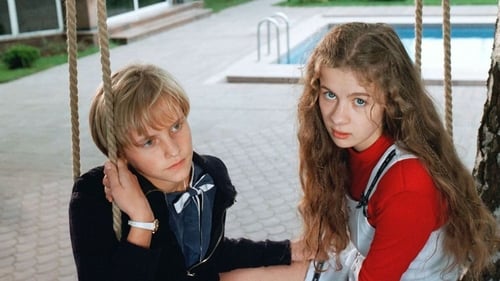
Kasia Bogdanska
A devout Catholic peasant girl is corrupted by two new friends when her family moves to the city. An allegory of traditional Polish values under threat from materialism and decadence in the post-Communist era.
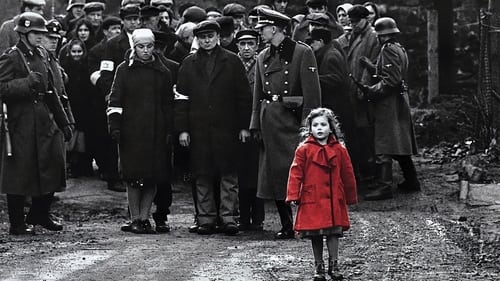
Danka Dresner
2차 세계대전 당시 독일군이 점령한 폴란드. 시류에 맞춰 자신의 성공을 추구하는 기회주의자 쉰들러는 유태인이 경영하는 그릇 공장을 인수한다. 그는 공장을 인수하기 위해 나찌 당원이 되고 독일군에게 뇌물을 바치는 등 갖은 방법을 동원한다. 그러나 냉혹한 기회주의자였던 쉰들러는 유태인 회계사인 스턴과 친분을 맺으면서 냉혹한 유태인 학살에 대한 양심의 소리를 듣기 시작한다. 마침내 그는 강제 수용소로 끌려가 죽음을 맞게될 유태인들을 구해내기로 결심하고, 독일군 장교에게 빼내는 사람 숫자대로 뇌물을 주는 방법으로 유태인들을 구해내려는 계획을 세우는데...

Karolina Szymańska
Zbyszek Butryn returns to Poland from exile to help win the Solidarity elections. His children, staying in orphanages, who intend to find him, learn about his father's return.
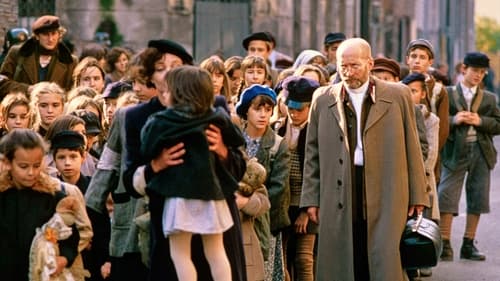
Sabinka
줄거리나치 독일에 점령당한 바르샤바의 1942년을 무대로 아동문학가, 교육자로 활동하며 소아과 의사로도 더 유명한 폴란드 유태계 혈통의 야누스 코르작 박사가 설립한 고아원을 중심으로 박사의 말년을 그리고 있는 영화이며, 당시 촬영된 여러 기록 사진들을 영화의 배경으로 삽입하여 어려움속에서도 사랑하는 아이들과 생을 함께 하는 한 인간의 발자취를 그리고 있다.










